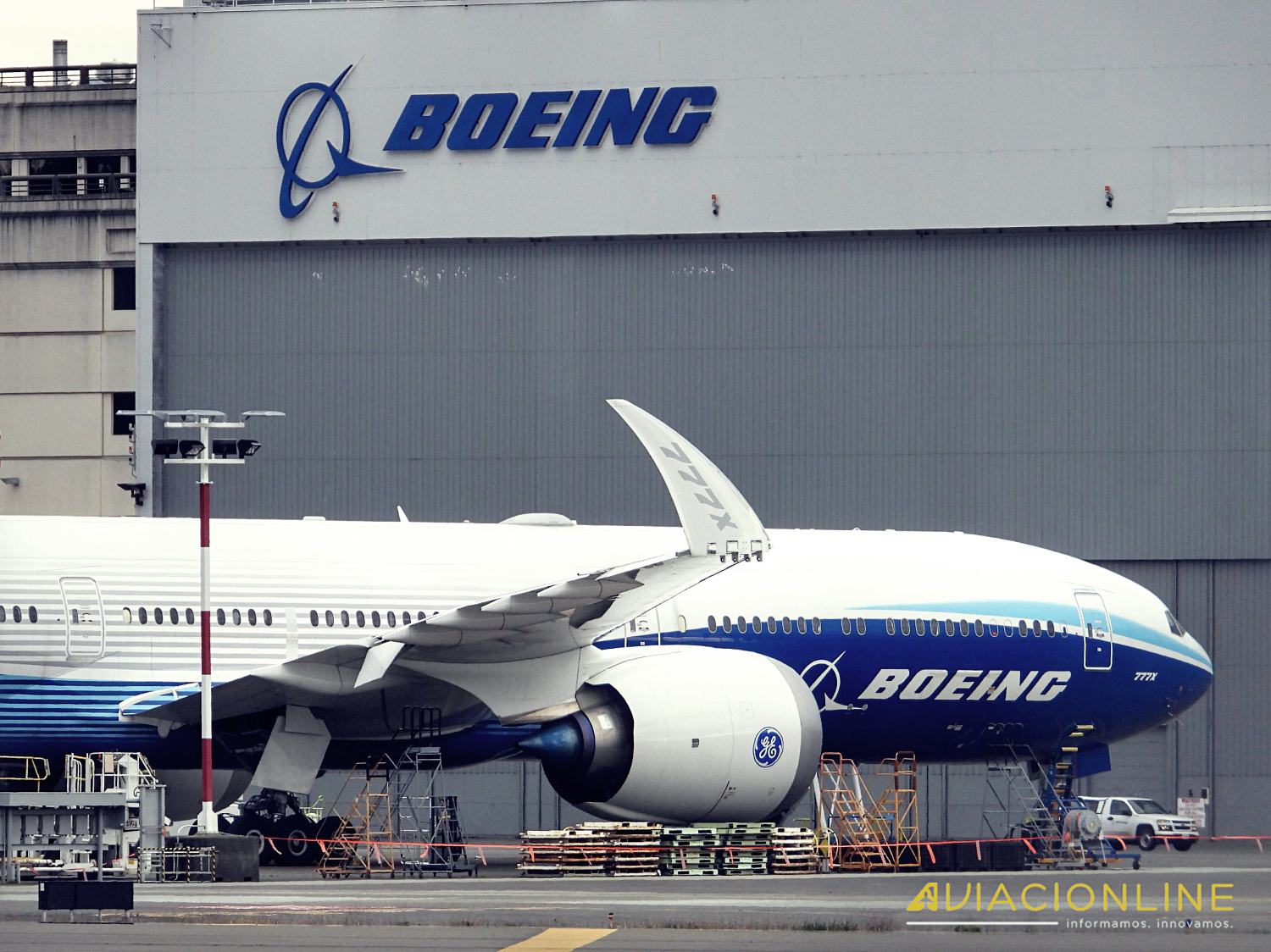Boeing CEO Links Recent Aircraft Orders to Trump's Trade Strategy
During the Q2 earnings call, Kelly Ortberg highlighted that orders from Japan, Qatar, and other nations serve as a way to balance trade deficits with the U.S.
Boeing's Chief Executive Officer, Kelly Ortberg, made it clear during the company's second-quarter 2025 financial results presentation that the trade negotiation strategy implemented by President Donald Trump's administration is providing a direct boost to the company's order book.
Ortberg stated that for nations looking to address their trade imbalances with the United States, there is "no better way than to make a big aircraft order." This statement follows a series of aircraft purchase announcements that coincided with high-level diplomatic and trade negotiations.
The recent deals, involving several key U.S. trading partners, reinforce Boeing's position as a central instrument in the country's foreign economic policy.
A String of Multi-Billion Dollar Deals
In recent months, Boeing has accumulated commitments and firm orders that underscore this trend:
Japan: On July 23, the White House reported that a broad trade deal with Japan includes a commitment from the country to purchase 100 Boeing aircraft.
Bahrain: Following the Crown Prince of Bahrain's visit to Washington earlier this month, the flag carrier Gulf Air confirmed an agreement for 12 Boeing 787 Dreamliner aircraft.
Qatar: During a meeting in Doha on May 14, attended by Trump and Ortberg, Qatar Airways CEO Badr Mohammed Al-Meer signed an order for 130 Boeing 787s and 130 Boeing 777-9s, all powered by GE Aerospace engines. The White House valued the deal at up to $96 billion, including options.
Saudi Arabia: A day earlier, on May 13, the Riyadh-based lessor AviLease, a key part of the Vision 2030 plan, announced an order for 20 Boeing 737 MAX 8s with options for another 10.
Frequently Asked Questions
What exactly did the Boeing CEO say? Kelly Ortberg stated that large aircraft orders are an excellent tool for countries to address their trade imbalances with the United States.
Which countries placed recent orders linked to trade policy? Primarily Japan, Bahrain, Qatar, and Saudi Arabia.
How does this benefit Boeing beyond sales? The company also benefits from aerospace tariff exemptions negotiated by the Trump administration.
Lower Than Expected Tariff Impact
In addition to the surge in orders, Ortberg expressed optimism about the financial impact of tariffs. In April, Boeing had estimated a $500 million cost for this year due to tariffs, a figure that Chief Financial Officer Brian West called "manageable and within our plan."
However, recent trade agreements negotiated by the administration appear to favor the industry. A pact between the United States and the United Kingdom and another between the United States and the European Union both exempt aerospace products from new tariffs.
Ortberg now suspects the final impact could be less than estimated. "If we continue to see this zero-for-zero [on tariffs], I think we’ll… be able to beat that $500 million bogey that we’ve established," the CEO commented during the investor call. This situation positions Boeing to reap a dual benefit: a robust flow of orders and a more favorable tariff environment than anticipated.


Para comentar, debés estar registradoPor favor, iniciá sesión